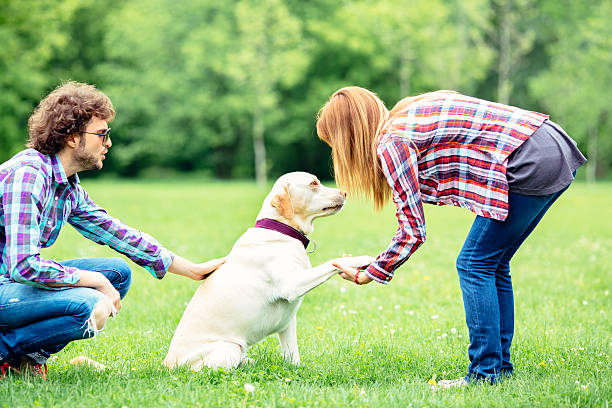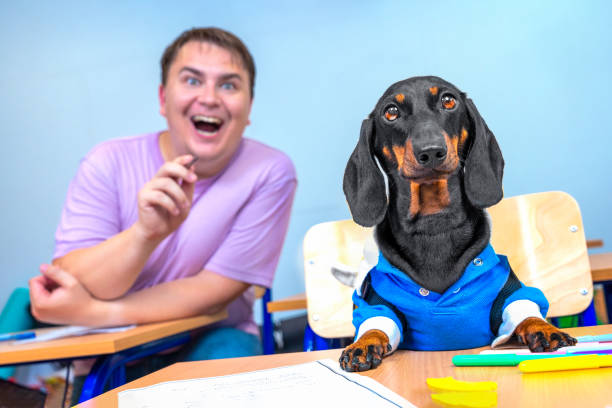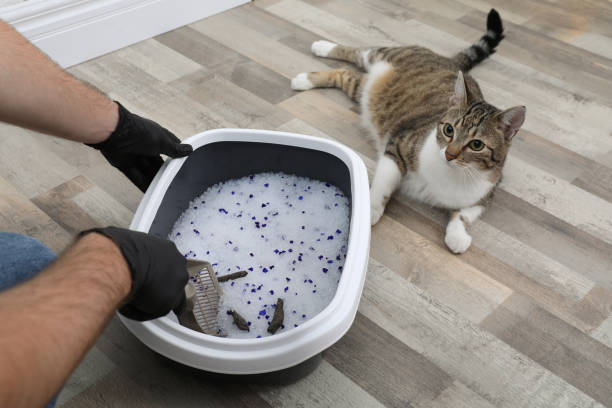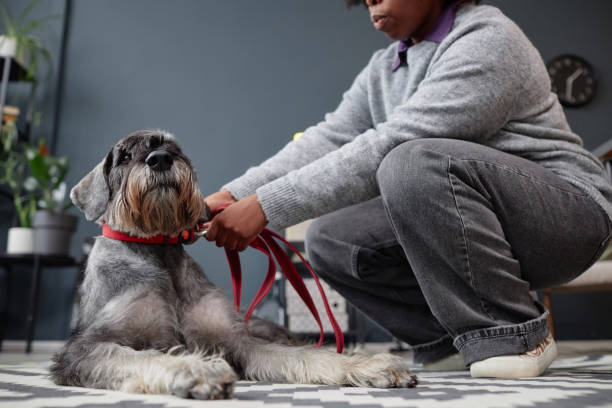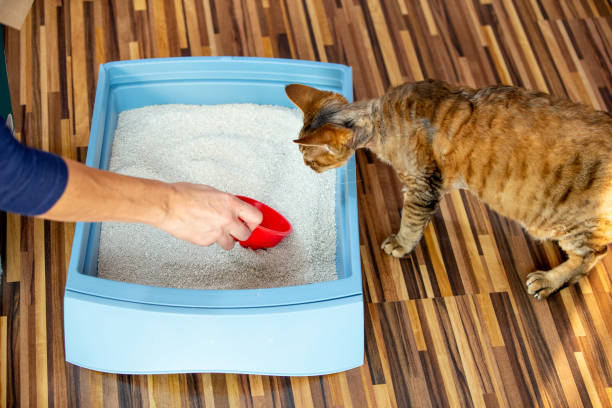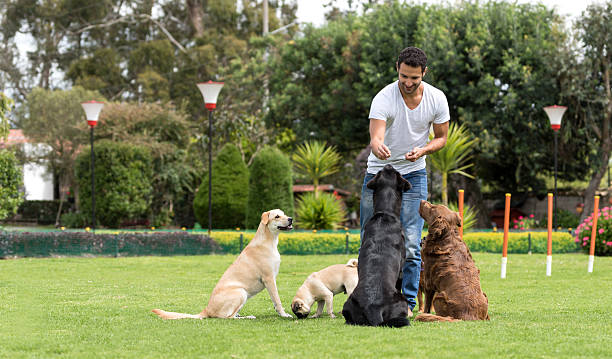The Importance of Socializing Your Dog: A Complete Guide
Table of Contents
Why Socialization is Crucial for Dogs
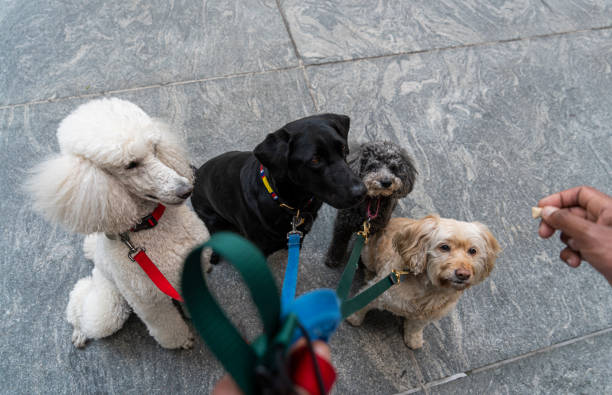
- Prevents Behavioral Problems
Dogs that are not properly socialized may develop fears or aggressive tendencies. Socialization helps them learn appropriate behaviors and reactions to various stimuli, reducing the likelihood of anxiety-related issues or aggression later in life. - Enhances Confidence
Exposure to different environments, people, and other animals helps dogs build confidence. A confident dog is less likely to react fearfully or aggressively in new situations. - Encourages Positive Interactions
Well-socialized dogs tend to be friendlier and more relaxed in social situations. This leads to positive interactions with both humans and other dogs, creating a more enjoyable experience for everyone involved. - Facilitates Training
Socialization can aid in the training process. Dogs that are accustomed to various environments and distractions are generally easier to train, as they can focus better and are less prone to becoming overwhelmed. - Promotes Physical and Mental Health
Socialized dogs often enjoy more exercise and mental stimulation through playdates and interactions, contributing to their overall physical and mental well-being.
How to Socialize Your Dog Properly
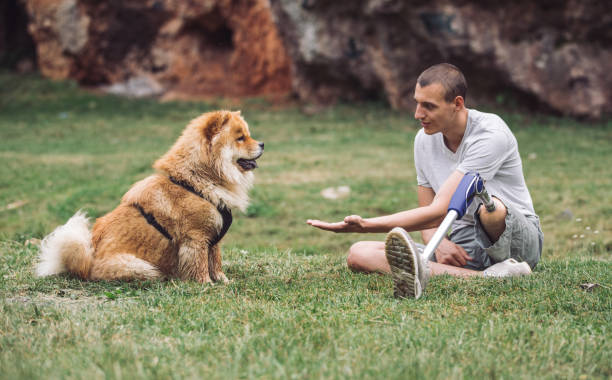
- Start Early
The critical socialization period for puppies is between 3 and 14 weeks. During this time, introduce them to various people, environments, and experiences to help them grow into well-rounded adults. - Expose to Different Environments
Take your dog to various places such as parks, pet stores, and busy streets. Allow them to explore different sights, sounds, and smells while ensuring they feel safe and comfortable. - Introduce New People and Dogs
Gradually introduce your dog to different people and other dogs. Arrange playdates with well-behaved dogs and let them interact under controlled conditions. - Use Positive Reinforcement
Reward your dog with treats, praise, or toys for calm and positive behavior during socialization experiences. This helps them associate new experiences with positive outcomes. - Monitor Body Language
Be aware of your dog’s body language and emotions. If they show signs of fear or discomfort, give them space and gradually reintroduce the experience at a slower pace. - Attend Training Classes
Enroll your dog in puppy kindergarten or obedience classes. These classes offer structured socialization opportunities with other dogs and people, along with professional guidance. - Be Patient and Consistent
Socialization is an ongoing process that requires time and patience. Regular exposure to new experiences will help your dog become more confident and well-adjusted.
Final Thoughts
Socializing your dog is essential for their overall well-being and happiness. By taking the time to expose your dog to various experiences, people, and environments, you set them up for a lifetime of positive interactions and a healthier lifestyle. Remember, socialization is not just a one-time event but an ongoing process that contributes to your dog’s development as a well-rounded companion.

